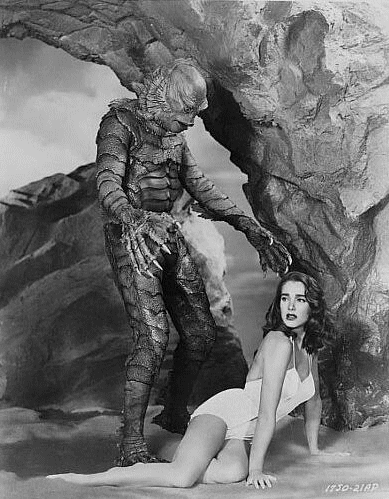I suppose you've heard the story of how a group of civic minded men had gathered in Philadelphia during the summer of 1787 to create a “more perfect union”. Well, they did, except it would be well to remember that civics is not a science, but an art form, in which each artist expresses a different vision of perfection. And in the case of James Wilson, future justice of the Supreme Court under the new constitution and briber in-chief for the Yazoo land fraud, perfection included the right to steal from the tax payers.
Remember the story of Robert Morris and the Bank of North America? That was the financial institution which Morris had used to finance the American Revolution. Well, the bank had originally been chartered in Pennsylvania, and after the Revolution its charter had been revoked. But in 1786 the state was sued by a share holder in that bank, who claimed the repeal had violated the rights of an innocent party – i.e. him, James Wilson. And a year later Justice Wilson was one of those civic minded men who gathered in Philadelphia to draw up the new Constitution for the United States.
The state of Pennsylvania had backed down from Wilson's lawsuit, and re-charted the bank. But Wilson was determined the new Federal government would not show the same disrespect for business as Pennsylvania had. So, in drawing the new constitution for America, James Wilson added what became Section 10 of the first Article of The Constitution, supposedly dealing with the formation, duties and responsibilities of the Congress. But Section Ten, Article One reads in part; “No State shall enter into any Treaty...coin Money...pass any Bill of Attainder, ex post facto Law, or Law impairing the Obligation of Contracts, or grant any Title of Nobility...”. This was to be a capitalist nation, and respect for contracts was thus written into its constitution.
All of which brings us back to 1795 when the Georgia Yazoo Company bought 11 million acres of swamp land for 1/4 cent an acre. In August of 1795, the Georgia Company was bought by James Greenleaf. He paid 1 cent an acre. Then in November of 1795 Greenleaf sold the company to yet another group of speculators, for 8 cents an acre, giving Greenleaf a 650% profit. The new owners renamed the company the New England-Mississippi Company But why were these speculators paying so much for a dead company? Hadn't the new owners ever heard of Caveat Emptor?
Listed first among the directors of the New England-Mississippi Company was Boston lawyer, Benjamin Hichborn, a cousin to Paul Revere on his mother's side. But Benjamin's real talent was as a gossip, knowing which ear would be most receptive to which dirt. In the late 1790's he aligned himself with the Democrats, becoming a trusted and rare New England confidant for Thomas Jefferson himself.
The other company directors were equally well connected. Samuel Brown had made a fortune financing the slave trade, insuring ships which were running the British anti-slave patrols off the African coast. Benjamin Joy was a speculator in Massachusetts real estate, and Thomas Winthrop was the thirty-something son of the iconic Boston family. George Blake was yet another lawyer-speculator . And finally there was John Peck. Remember him?
He was 75 years old in 1800. He was secretive, “Often argumentative and egotistical, tending to alienate those with whom he interacted”. In other words, the people who knew him best, disliked him the most. Most people knew him for what he considered his hobby – he was “The most scientific and most successful naval architect” in the new nation, having designed small and fast privateers for the colonial navy. But someone else had to build the ships, because John did not work or play well with others.
John Peck saw himself as a merchant, starting with a store and trader's post on Crabtree Neck, where the Skillings River flows into Frenchman's Bay, not far from Bar Harbor, Maine. It is still labeled Peck's Point on the maps. John Peck invested his profits in land, and there are few communities in today's Maine,which do not list him on their early property rolls. So it was a natural that the wealthy landowner would be asked to join in the New England-Mississippi Company. And it was John Peck who on 14 May, 1803, sold to Robert Fletcher of New Hampshire, 15,000 acres of the New England- Mississippi company holdings, at the inflated price of $5 an acre. If the lawyers are to be believed Robert Fletcher felt cheated by Peck, and in 1803, just like Mr. Chandler in 1603 - remember him? - sued to get his money back
Robert Fletcher was a lawyer from Amherst, New Hampshire, He was only 42 years old in 1803, and owned extensive properties in Nashua, Amherst and Dunstable. He was a very successful husband, fathering 13 children, but ultimately, an unsuccessful businessman. His final investment was in timber lands in Montreal, Canada. And when this venture failed in November 1809, Robert Fletcher shot himself. But even after his suicide, the court case he had launched continued all the way to the Supreme Court – just as it was intended to. Which was amazing because it was a set up, a fake case. And everybody knew it.



























































































